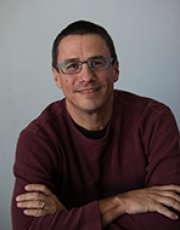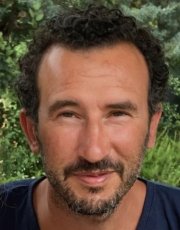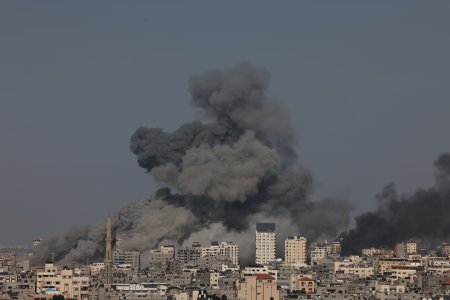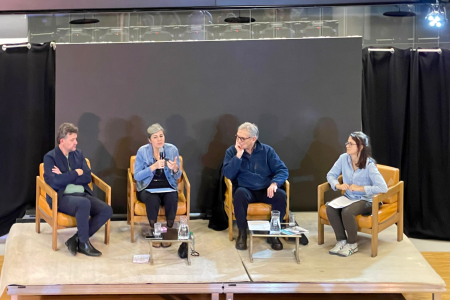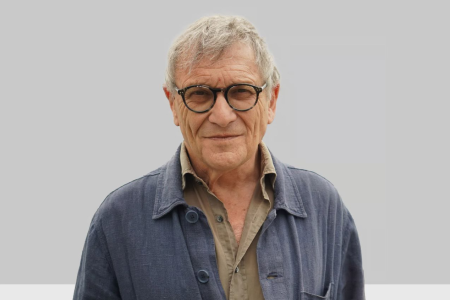
Human shields. When humanitarian law turns against war victims
Neve Gordon & Nicola Perugini
We are pleased to invite you to a conference entitled " Human shields. When humanitarian law turns against war victims" on Thursday June 12, 2025 at 6:30 pm, at MSF headquarters, 34 avenue Jean Jaurès, 75019 Paris. We will be welcoming Neve Gordon and Nicola Perugini. Streaming will be available in English on this page and in French here.
REGISTRATION (BELOW) REQUIRED FOR NON-MSF MEMBERS.
“Even war has rules”. This is the slogan brandished by MSF, the United Nations and the ICRC to protest against the bombing of health facilities and the massacre of civilians in Gaza and in many other conflicts. “Yes, war has rules”, retorts the Israeli army, but in this case it's Hamas that's violating them by using hospitals and the population as “human shields”. As such, the Israeli armed forces are not guilty of any crime in causing the “accidental” death of civilians, wounded and health workers in its fight against the perpetrators of the October 7 atrocities.
While not new, this line of reasoning is taken to extremes by the Israeli government, whose propaganda invokes international humanitarian law to justify its genocidal violence against the Palestinian population. As Neve Gordon and Nicola Perugini point out, international humanitarian law (IHL) does not offer unconditional protection to health facilities and non-combatants, especially when they are described as “human shields”. The latter can then be bombed, provided that “military necessity” justifies it and that “precautions” have been taken to avoid collateral casualties “excessive in relation to the military advantage anticipated”.
Under these conditions, isn't calling for respect for international humanitarian law to protest against the bombing of hospitals and civilians counter-productive? In practice, is IHL not the ally of the most powerful states, authorizing war violence against unarmed populations? To which extent does the consent of European states to the reversal of IHL against war victims in Gaza constitutes a turning point? How can we strengthen the normative framework protecting hospitals and civilians in conflicts, and increase the political cost of mass violence?
These are the questions we'll be discussing on Thursday June 12 from 6.30pm with Neve Gordon and Nicola Perugini. Neve Gordon is former director of Physicians for Human Rights. He now teaches international law at Queen Mary University of London. Nicola Perugini is Professor of International Relations at Edinburgh University. Both published in 2020: Human Shields. A History of People in the Line of Fire (University of California Press 2020).
References:
- Neve Gordon , Nicola Perugini, ‘Hospital Shields’ and the Limits of International Law Free, in European Journal of International Law, Volume 30, Issue 2, May 2019, Pages 439–463: https://academic.oup.com/ejil/article/30/2/439/5536724
- Neve Gordon , Nicola Perugini, Human Shields. A History of People in the Line of Fire (University of California Press 2020)
- Neve Gordon , Nicola Perugini, A Legal Justification for Genocide? July 17, 2024? https://jewishcurrents.org/human-shields-gaza-israel-a-legal-justification-for-genocide
Crash conference registration form for : Thursday, June 12, 2025
(only for non-MSF members)
To cite this content :
Neve Gordon, Nicola Perugini, “Human shields. When humanitarian law turns against war victims”, 12 juin 2025, URL : https://msf-crash.org/en/conferences-debates/human-shields-when-humanitarian-law-turns-against-war-victims
If you would like to comment on this article, you can find us on social media or contact us here:
ContributePast events
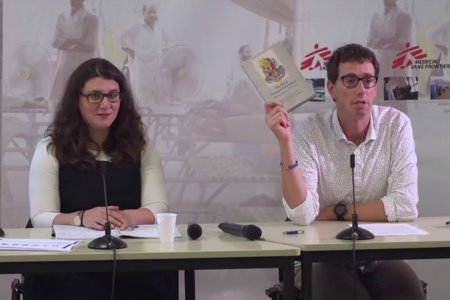 MSF
Conference
MSF
Conference
Humanitarian anthropology : conference with Sharon Abramowitz
10/23/2017 - 06:00 PM 08:00 PMSharon Abramowitz is an anthropologist and a visiting researcher at the Department of Anthropology at Rutgers University, co-editor of recently published Medical humanitarianism. Ethnographies of practice. She has devoted much of her work to responding to epidemics - most recently in Ebola, and in West Africa, Liberia in particular.
During the conference organized by MSF-Crash on 23 October 2017, she discussed the contribution of medical anthropology to humanitarian action as well as her latest book and most recent projects.
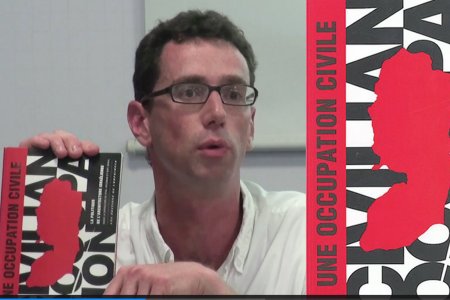 Conference
Conference
Eyal Weizman - Forensic Architecture at work
02/15/2016 - 07:00 PM 09:30 PMEyal Weizman, the founder of « Forensic Architecture » at the Goldsmiths College (University of London) came to present the project as well as a number of his works at a MSF - Crash conference organised at MSF.
 Conference
Conference
The polio eradication campaign put to test
02/04/2014 - 01:30 PM 07:30 PMThe polio eradication campaign has indeniably and remarkably succeeded in tumbling down the number of polio cases worldwide. But difficulties currently faced by the Programme -pockets of social resistance in several countries, reinfection of some countries, outbreak of epidemics associated with strains of vaccine-derived polio viruses- indeed challenge one of the main assumptions underlying the objective of the eradication itself : the full compliance of an entire population to a public health program.
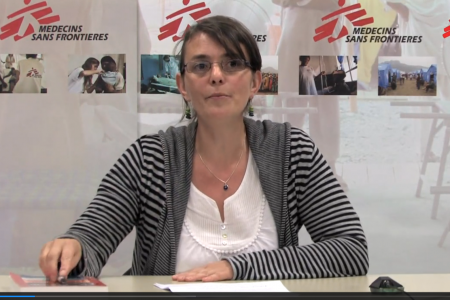 Conference
Conference
Living a Natural Disaster
11/03/2010 - 07:00 PM 09:00 PMPeople wandering through the rubble in Haiti, arms outstretched begging for help amid the floods in Pakistan: the media coverage of disasters invariably features helpless victims, overwhelmed by the disaster, waiting to be helped...
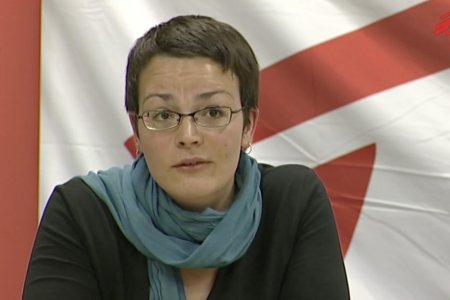 Lena Mucha
Conference
Lena Mucha
Conference
From their point of view
03/10/2009 - 07:00 PM 09:30 PMThe reasons why we are accepted, tolerated or sometimes rejected in the contexts where we work are often obscure. Caroline Abu-Sada and her team of sociology student shed some light on these issues.
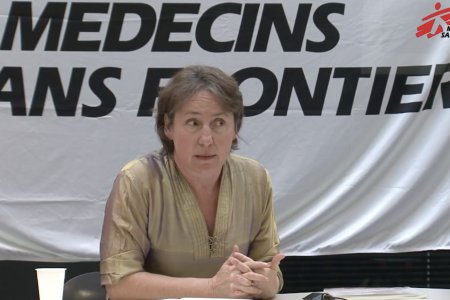 Jacob Zocherman
Conference
Jacob Zocherman
Conference
Grounds for divorce ? MSF and the international criminal court
04/08/2009 - 08:30 PM 10:30 PMIn 1998 MSF decided to support the creation of the International Criminal Court. 10 years later MSF stated that it ‘would not cooperate and would not transmit any information to the ICC'. How can we explain this change of position?

